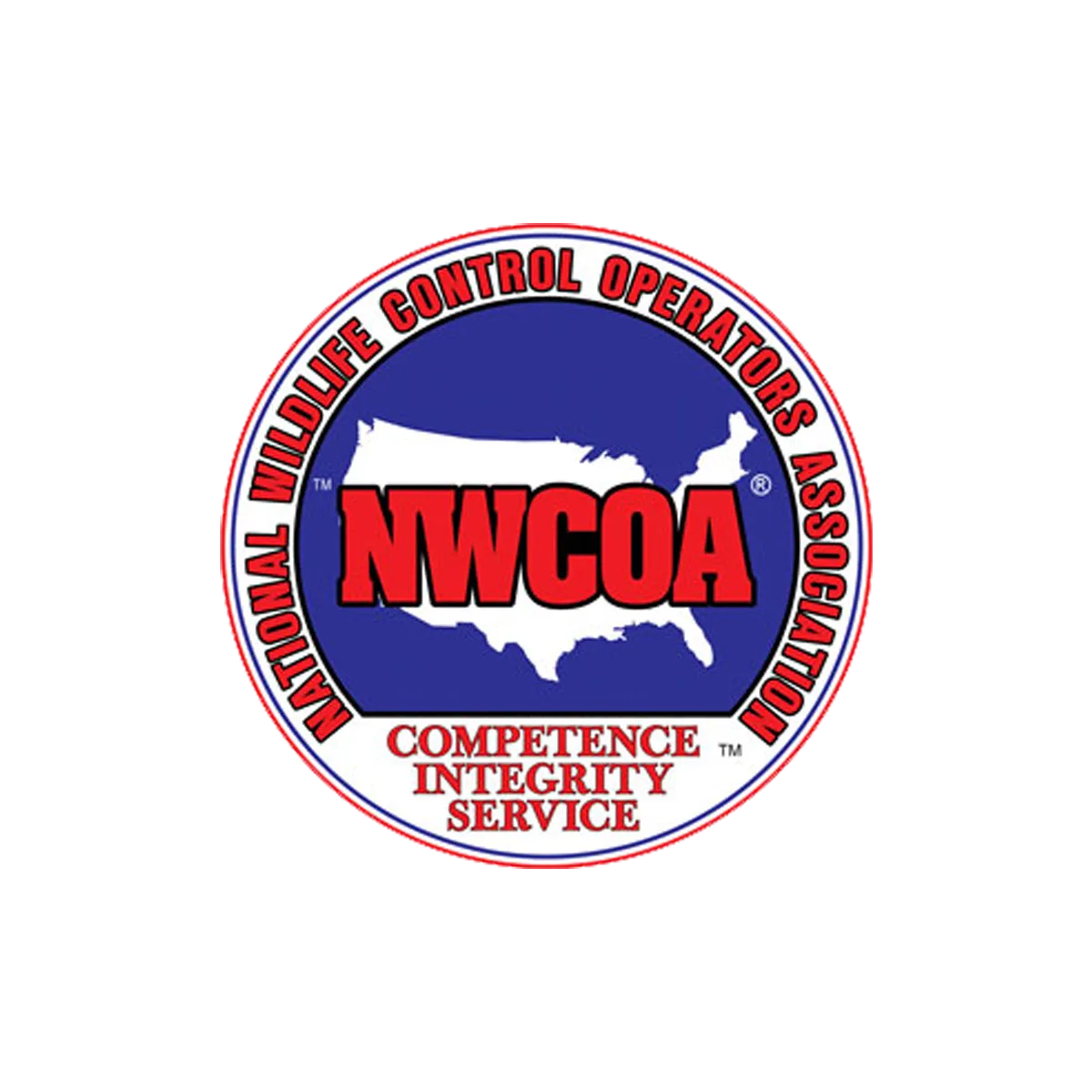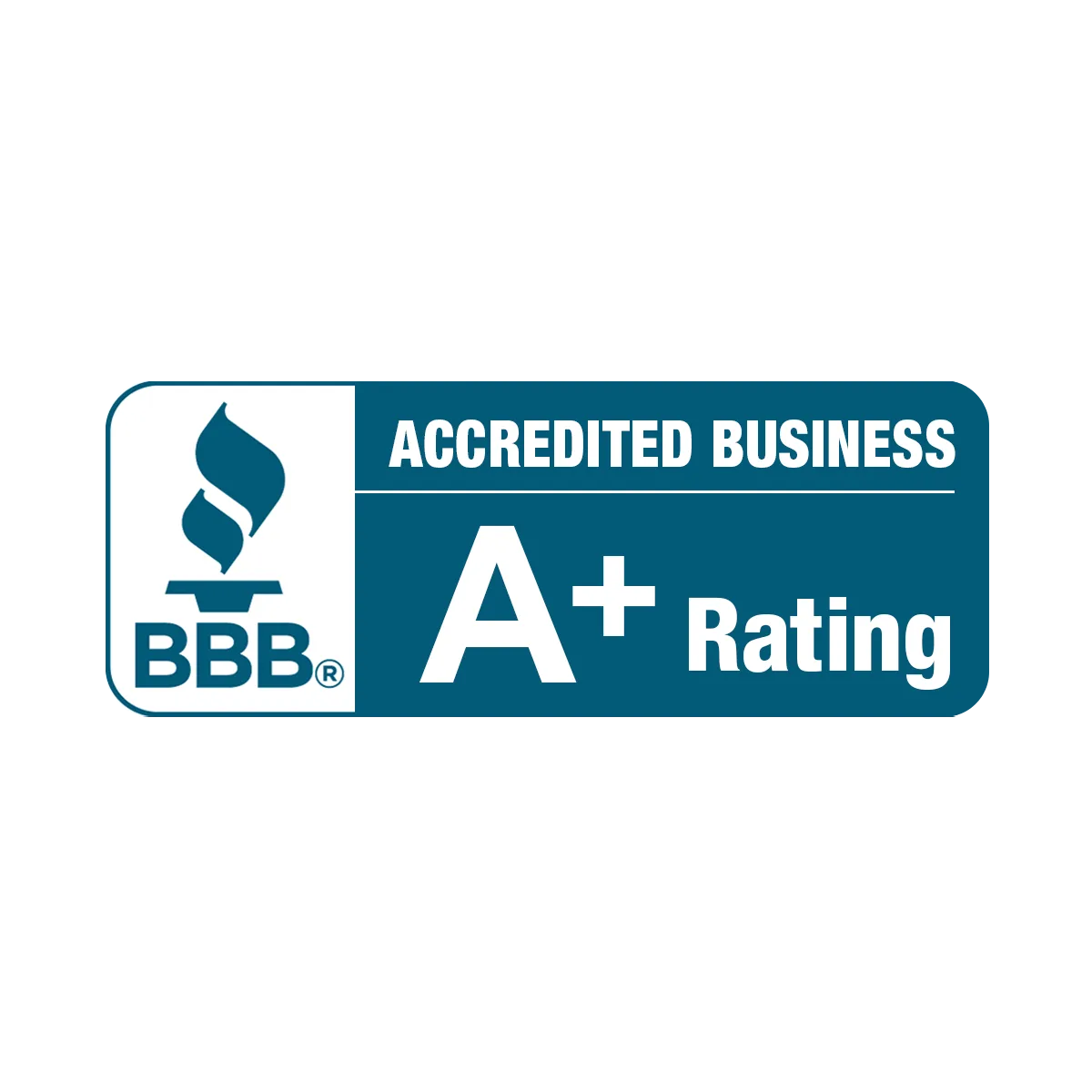Experts Who Care
With years of experience in wildlife and pest management, our team brings local expertise.

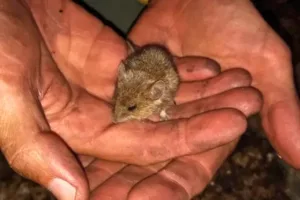
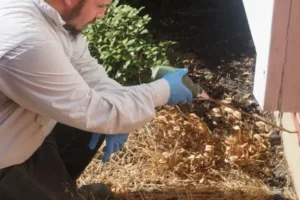


With years of experience in wildlife and pest management, our team brings local expertise.
We focus on humane solutions that respect the environment and protect the health of your family.
At Critter Stop, we prioritize your satisfaction with effective, humane solutions.
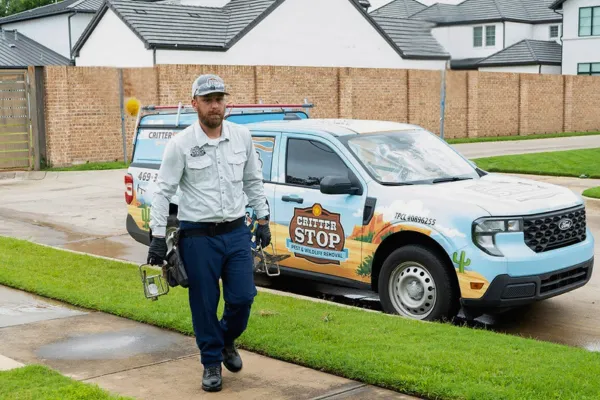

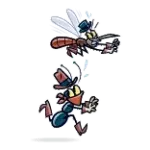

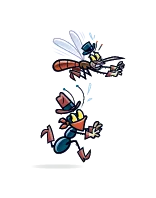



President
Has been in the pest control and wildlife industry for over a decade. His licenses span multiple states and specialties; he leads operations and training with an emphasis on safety, quality, and results.

Owner
Owns and operates Critter Stop, a rapidly growing pest and wildlife removal business serving Texas and Oklahoma. His team has helped thousands of customers through continual improvement, top talent, and uncompromising standards.

A Customer was having power issues in a portion of the house. Inspected the attic and found a good amount of droppings as well as a possible squirrel entry point. Placed traps and a live cam. Sealed the whole house. Traps monitored during three weeks, no more rodent activity.
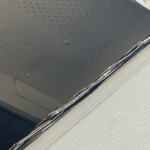
Completed an inspection in Frisco/Little Elm for possible squirrel activity. We sealed off all entry points, future entry points and vents that allowed access. We also set 10 traps and a Reveal camera to monitor and remove rodents as they are caught. After two week, there was no more activity in the attic, indicating full eradication!
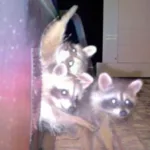
Customer hears noises during nighttime and early morning, traced the entry point by finding a trail of feces on the roof outside the gable vent, along with ripped gable screen and raccoon prints. Critter-proofed all roof vents, soffit vents, and gable vents. Set a one-way door and a camera. Raccoons exited at 9:00pm. I returned the following morning to take down owd, camera, repaired vent and, sanitized the attic.
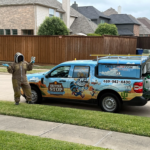
A customer called us after seeing some wasp activity. The ground wasps were building into their weephole in the front portion of the home. Our expert used aerosol to flush them out. Proceeded with dust to really cut through their exoskeleton. Lastly, she used the backpack treatment with a repellent product to keep them away. She treated their foundation, eaves and foliage with the backpack.

Rodents love attics. They offer a place of warmth and protection. However, critters can quickly compress and contaminate insulation, making it less energy-efficient and a serious health risk to you and your family. If you hear noises scurrying in your attic, it is likely that some animals have made it their home.
Your vents offer a path of least resistance to these furry friends. They can sense your home's warmth, smell your food and garbage, and can easily find their way inside - especially if you do not have a strong, secure screen or hardware cloth to keep critters out! Manufacturers' screens keep bees and bugs out but are too thin to deter critters, so be sure you regularly inspect these vents to ensure our fuzzy outdoor friends stay outside.
If you're not sealing up your garage gaps, you're basically asking for mice and other small critters to waltz right in and make themselves at home. Garage gaps give off heat, and many people store their garbage cans and other enticing items in the garage that attract animals. If a critter gets into your garage, that's just one step closer to them getting inside your home with your family and pets – luckily, these gaps can be sealed with proper gap stops you can install yourself!
Animals can dig and chew their way into your home practically undetected unless you're regularly monitoring your home for damage. Look for chips in paint and peeling shingles as an early sign of animal activity on your roof around the returns.
Like your gutters and roof, fascia gaps are hard to see from the ground, so you have to inspect this part of your home regularly. Unfortunately, if you skip this inspection, you typically don't recognize an issue until you experience a leak or animal intruder. As your home’s foundation inevitably moves and shifts, these fascia gaps grow, so be sure to re-seal this area of your home every year to avoid gaps that will allow animals to slip inside!
Yes, animal intruders are pests that can cause structural damage - but worst of all, they can create a hazardous environment for your family and pets! Raccoons are of particular concern because their feces can carry dangerous diseases for years, which can be transmitted via airborne, microscopic eggs.
From national certifications to local chamber memberships, homeowners in Dallas, Fort Worth, Austin and Oklahoma City trust Critter Stop to do the job right.
